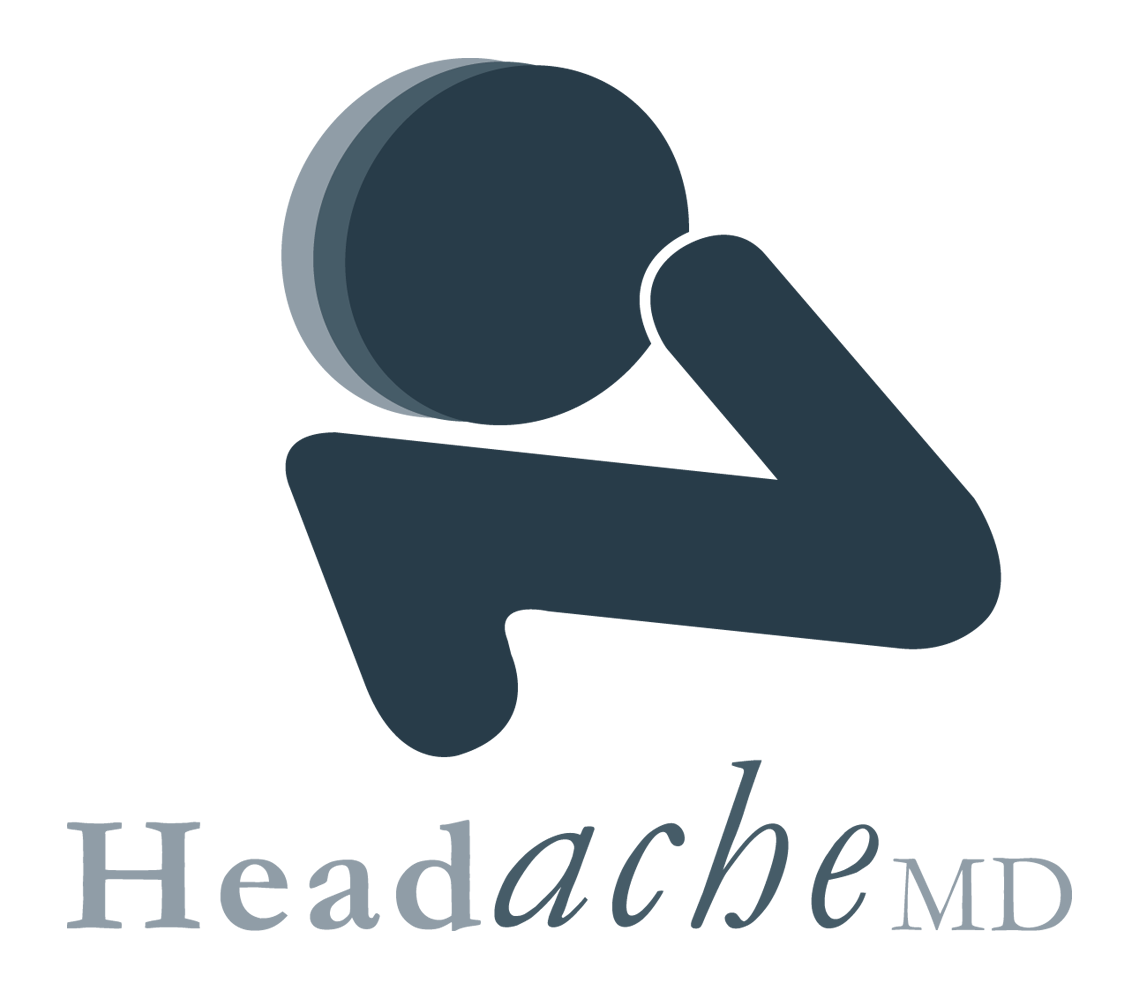For the lucky few, pregnancy stops migraine attacks although scientists have yet to know why. But in most cases, headaches during pregnancy can be a warning sign of serious health problems that can affect both the mother’s and her baby’s life.
Like Most People
Headaches including migraines occur during pregnancy for the same causes/reasons these occur in most people. The attacks can be the result of physical fatigue, psychological strain, and changes in hormonal levels as well as exposure to food triggers, among others.
The pain associated with the headache attack may be greater or lesser than during your non-pregnant state depending on several factors. For example, you may think that the pain is greater in intensity because you are also unconsciously adding your pain in other parts of the body to the equation.
While conservative treatments like rest and warm compresses can suffice, medications like acetaminophen may be necessary. Just be careful about ingesting any medication – ask your doctor about the proper medication and its dosage first before taking it.
Unlike Most People
Other special considerations must be made when it comes to headaches in a pregnant woman, not least of which is your unborn baby’s welfare. When your headache is accompanied by blurred vision, dizziness or blind spots, then it is time to make a visit to the emergency room – you may have preeclampsia, a dangerous condition that usually develops during the pregnancy’s second half.
Preeclampsia has the following symptoms:
- Hypertension (Elevated blood pressure)
- Protein in the urine
- Swelling on the feet and legs
These symptoms in any individual are already cause for concern but doubly so in a pregnant woman because of the risks involved. Preeclampsia precedes eclampsia that, when left untreated, can include worrying consequences like seizures. Both preeclampsia and eclampsia, however, must be treated urgently by your obstetrician-gynecologist!
Otherwise, you may well lose your life or lose your baby or your family loses both you and your baby. Both conditions can be fatal, thus, the urgent medical attention necessary; you will be hospitalized so that your doctor can keep close tabs on your condition and deliver your baby, when needed.
Conservative Treatments
When your head aches without the other symptoms of preeclampsia and your doctor declares that your headache is not dangerous to you and your baby’s lives, you can adopt these conservative treatments.
- Use either a warm pack or a cold compress depending on your type of headache. For a sinus headache, a warm compress around your eyes are nose is best. For a tension headache, a cold compress at the base of your neck will lessen the pain.
- Enjoy a relaxing massage especially around your neck and shoulders.
- Practice deep breathing, among other relaxation techniques.
- Take a warm bath or shower.
- Rest in a dark room.
- Eat smaller yet more frequent meals, which will maintain your blood sugar.
When your headaches become worse in intensity, duration and frequency, then meet your doctor as soon as possible. You want to prevent serious complications stemming from your frequent headaches.
